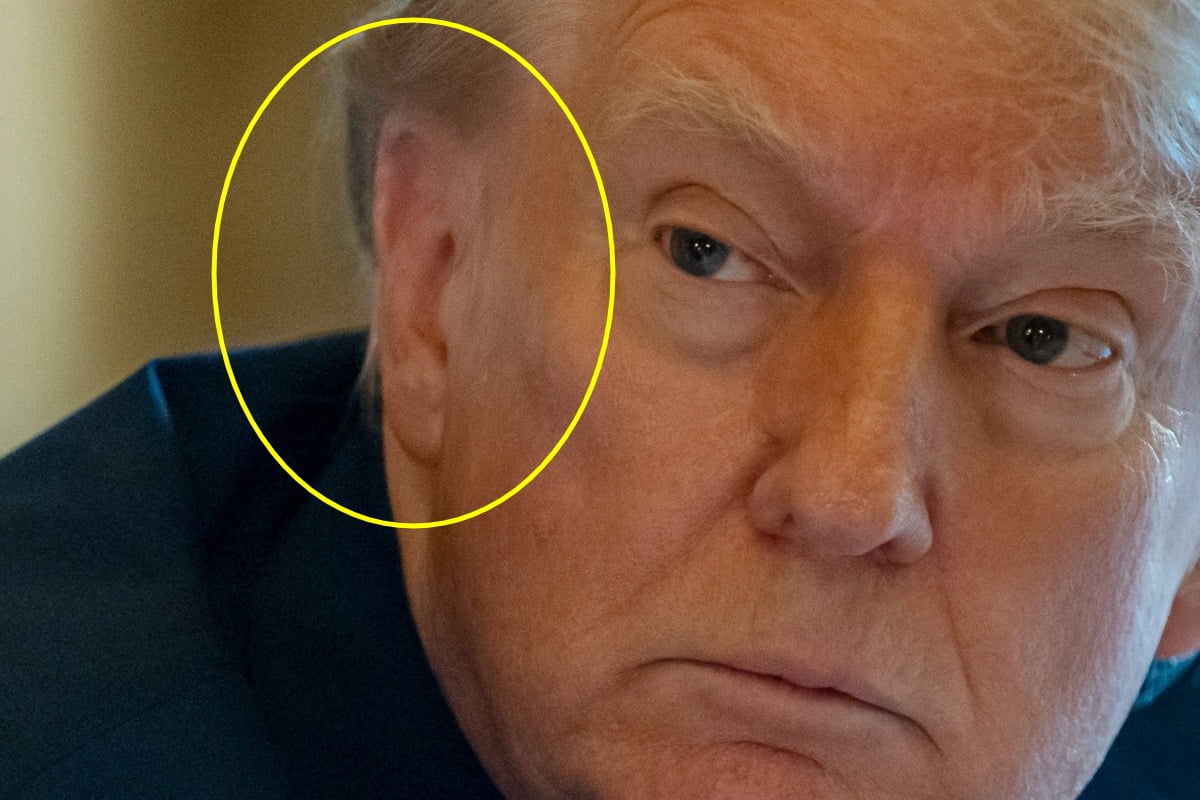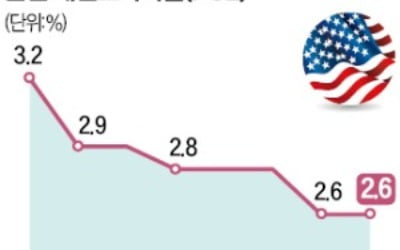[대학생을 위한 비즈니스 영어] 'The World's ...'
-
기사 스크랩
-
공유
-
댓글
-
클린뷰
-
프린트
[ The World''s No.2 Economy Teeters on the Brink ]
Japan''s economic situation is ever closer to spiraling out of control.
Recent grim data show that the economy is in free fall.
Japan is almost certainly in its worst recession in at least 20 years.
Real gross domestic product began falling in the second quarter, and lacking any engine of growth, economists expect it to shrink through mid-2002.
October data were dismal.
Industrial production dropped to a 13-year low, as exports fell and businesses cut their capital spending.
Retail sales sank for the seventh month in a row, and housing starts declined, despite the Bank of Japan''s zero-interest-rate policy.
Unemployment rose to a record 5.4%, and confidence is plummeting.
Now, the financial risks are rising.
Standard & Poor''s lowered Japan''s credit rating to AA, and it could drop further.
Along with Italy, that''s the lowest rating among Group of Seven industrial nations.
S&P cited lack of progress on reform, government debt equal to 130% of GDP, and a budget deficit greater than 6% of GDP.
The big worry, however, is deflation, which threatens to destabilize the financial system.
Consumer prices in October fell 0.8% from a year ago, and they have been falling for two years.
Any speedup in that rate of decline will make debt burdens, both public and private, increasingly onerous, since deflation lifts the real cost of paying back a loan.
Banks are already saddled with more than $1 trillion in bad loans, and many large banks may have exposures to the recently bankrupt Enron Corp.
----------------------------------------------------------------------------
[ 벼랑끝에서 비틀거리는 세계 2위 경제대국 ]
일본 경제상황이 통제불능의 하강국면에 한층 더 가까이 가 있다.
최근의 암울한 경기 데이터들은 일본경제가 자유낙하중임을 보여준다.
일본은 거의 확실하게 최소한 20년만에 최악의 경기침체에 빠져 있다.
실질 국내총생산(GDP)은 2분기에 감소하기 시작했고 성장엔진이라곤 없자 이코노미스트들은 2002년 중반까지 실질 GDP가 축소될 것으로 보고 있다.
10월 데이타들은 비참하다.
산업생산은 13년만의 최저수준으로 떨어졌는데 수출이 감소하고 기업들은 자본지출을 줄였기 때문이다.
일본은행의 제로 금리정책에도 불구하고 소매판매는 7개월 연속 줄고,주택착공건수도 감소했다.
실업률은 사상 최고치인 5.4%로 높아지고 (소비자)신뢰도는 급락하고 있다.
이제 금융리스크도 커지고 있다.
스탠더드 &푸어스(S&P)가 일본의 신용등급을 AA로 낮추었으며 더 낮출 수도 있다.
이 등급은 이탈리아와 함께 선진 7개국(G7)중 가장 낮은 수준이다.
S&P는 신용등급 강등 요인으로 진전없는 개혁,GDP의 1백30%에 달하는 정부 채무,그리고 GDP의 6%가 넘는 재정적자를 꼽았다.
그러나 정작 큰 두통거리는 금융시스템을 불안하게 하는 디플레이션(물가하락)이다.
10월 소비자물가는 1년전에 비해 0.8% 하락했다.
이로써 소비자물가는 2년 내내 떨어졌다.
이같은 물가 하락률이 가속화되면 공공및 민간부문의 채무부담이 증가,상황은 점점 더 불길해질 것이다.
디플레이션이 되면 실질 채무상환 비용이 늘어나기 때문이다.
은행들은 이미 1조달러가 넘는 부실채권의 짐을 떠안고 있으며, 많은 대형 은행들이 최근 파산한 미국 엔론사에(엔론의 부실채무 리스크에) 노출돼 있을 수도 있다.


